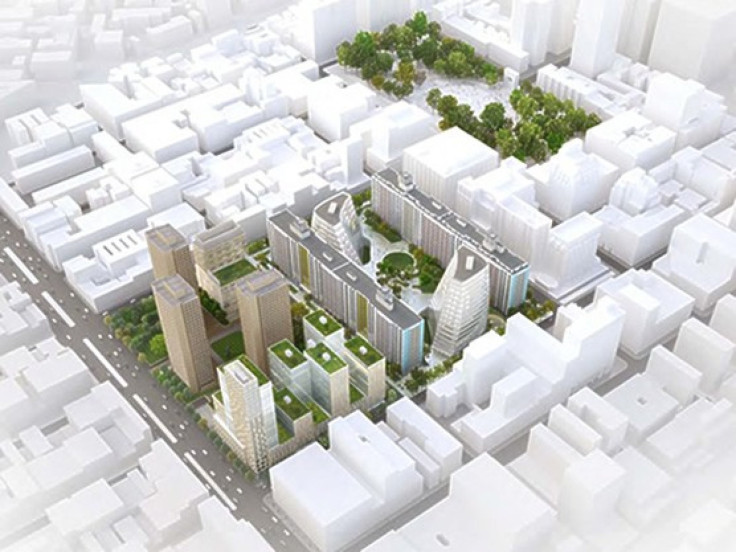New York University's Expansion Plan Approved By City Council, Ending 5-Year Fight

New York University's proposal to add four new buildings to Greenwich Village was approved Wednesday by the New York City Council, capping a fierce five-year battle that pitted one of the country's largest colleges against local residents and preservationists.
Prostesters continued arguing against the plan inside the City Council chambers just prior to Wednesday's announcement and were escorted out, according to reports.
City Council members characterized the approval as a successful compromise between the university and community needs. “I am confident this proposal strikes that balance,” said Margaret Chin, the councilwoman who represents the area.
The council eliminated nearly a quarter of the plan's original density, from around 2.5 million square feet to 1.9 million square feet, cut the height of some proposed buildings and increased the amount of open space.
But opponents remained unconvinced of the school's need to expand in the neighborhood, advocating throughout the approval process for NYU to seek space elsewhere, including Lower Manhattan. But university officials were adamant about building on the land, two "superblocks" it already owns that are the legacy of Robert Moses-era urban planning.
"An expanded NYU should not be carved out of the Village heart," wrote E.L. Doctorow, an author and NYU professor, in a Daily News opinion piece before the decision. "The corporation’s need for space may be legitimate, but the 2031 plan, the work of university officials and the architects they’ve commissioned, is patented Donald Trump."
Local residents were already embittered towards NYU following controversial developments that included the demolition of the Palladium nightclub on 14th Street, the construction of a 26-story dorm at the former site of St. Ann's Church, which preserved only a part of the original facade, and changes to the historic Provincetown Playhouse.
The opponents of the new plan, part of the school's citywide expansion plan called NYU 2031, included many NYU faculty members and alumni, as well as the actor Matthew Broderick, a long-time Village resident. Supporters included local construction trade groups and real estate industry organizations.
The school expects to begin construction in 2014.
© Copyright IBTimes 2024. All rights reserved.











